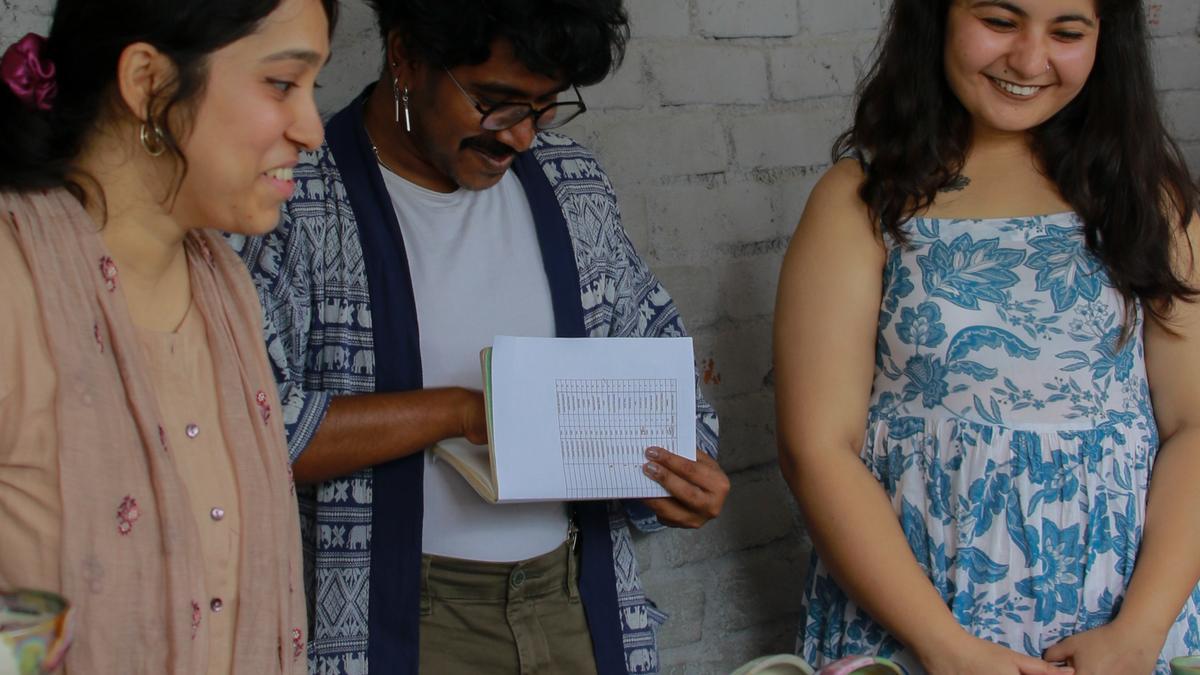
The world of cricket has recently been engrossed not just by the on-field exploits but also by the actions and symbolism sported by the players, which often go beyond the boundaries of the game. Australian cricketer Usman Khawaja has become the center of such an incident as an accessory wore during play attracted the scrutiny of the International Cricket Council (ICC). After scoring an impressive 90 runs in the second innings of the first Test against Pakistan in Perth, Khawaja found himself embroiled in a controversy relating to the wearing of a black armband.
Usman Khawaja’s black armband caught attention last week as the ICC promptly flagged him for wearing the item without securing the necessary clearances from Cricket Australia and the global cricketing authority. Rising up to challenge the claim, Khawaja asserts that his wearing of the armband was due to a personal loss, which stands as the only acceptable reason under ICC’s guidelines for such a gesture.
Addressing media on the eve of the Boxing Day Test at the Melbourne Cricket Ground on December 22, Khawaja was transparent about his intentions. He claimed to have revealed to the ICC that his armband was a symbol of personal mourning. “They asked me on day two [in Perth] what it was for, and I told them it was for a personal bereavement,” he explained, pointing out his straightforwardness when approached about the matter.
He further clarified that while the issue of his customized shoes was a separate matter, he remained confused about the objection to the black armband. He reflected on past incidents where players used personalized gear, like stickers on bats or names on shoes, without facing repercussions from the ICC.
Seeking clarity and equity, Khawaja expressed his determination to engage with the ICC and ensure that the rules and regulations are implemented consistently. “I respect the ICC and the rules and regulations they have,” the cricketer affirmed, emphasizing his intent to work within the proper channels to resolve the situation.
Khawaja also broached the topic of how the atrocities involving children deeply affected him. He previously intended to wear custom shoes highlighting the Gaza crisis, which the ICC had prohibited. Khawaja conveyed how such humanitarian issues strike a chord with him, emphasizing the concept of universal human rights. His comments conveyed a strong message about innocence and vulnerability, evidenced by his emotional response when imagining his daughter in similar tragic circumstances.
His statements emphasized that while he is vocal on humanitarian concerns, he insists on no hidden agendas behind his actions. He solidified his stance by confirming that he will not wear the armband in the upcoming second Test at the MCG.
This occurrence in the cricketing world underscores the fine line athletes must walk between personal expression and the regulations of their sport. As Khawaja engages with the ICC to contest the charge, it is evident that there remains a complex interplay between the regulations that govern sport and the individual beliefs and experiences of those who play it. The outcome of Khawaja’s challenge to the ICC will be closely watched, as it may set a precedent for how personal symbolism is displayed on the cricket field in the future.










